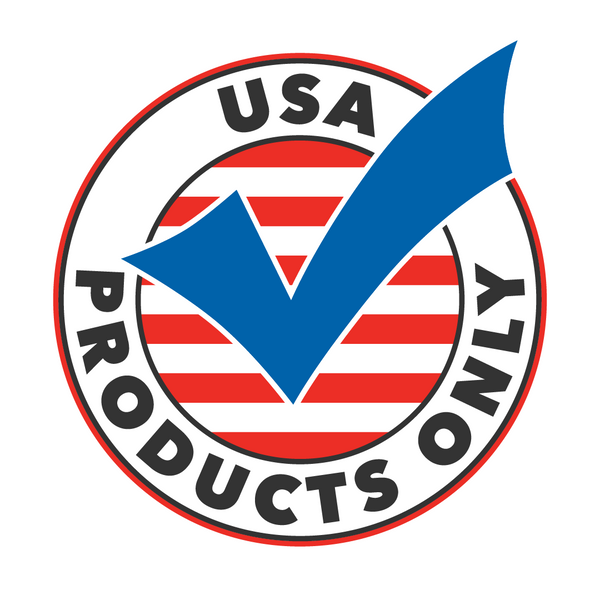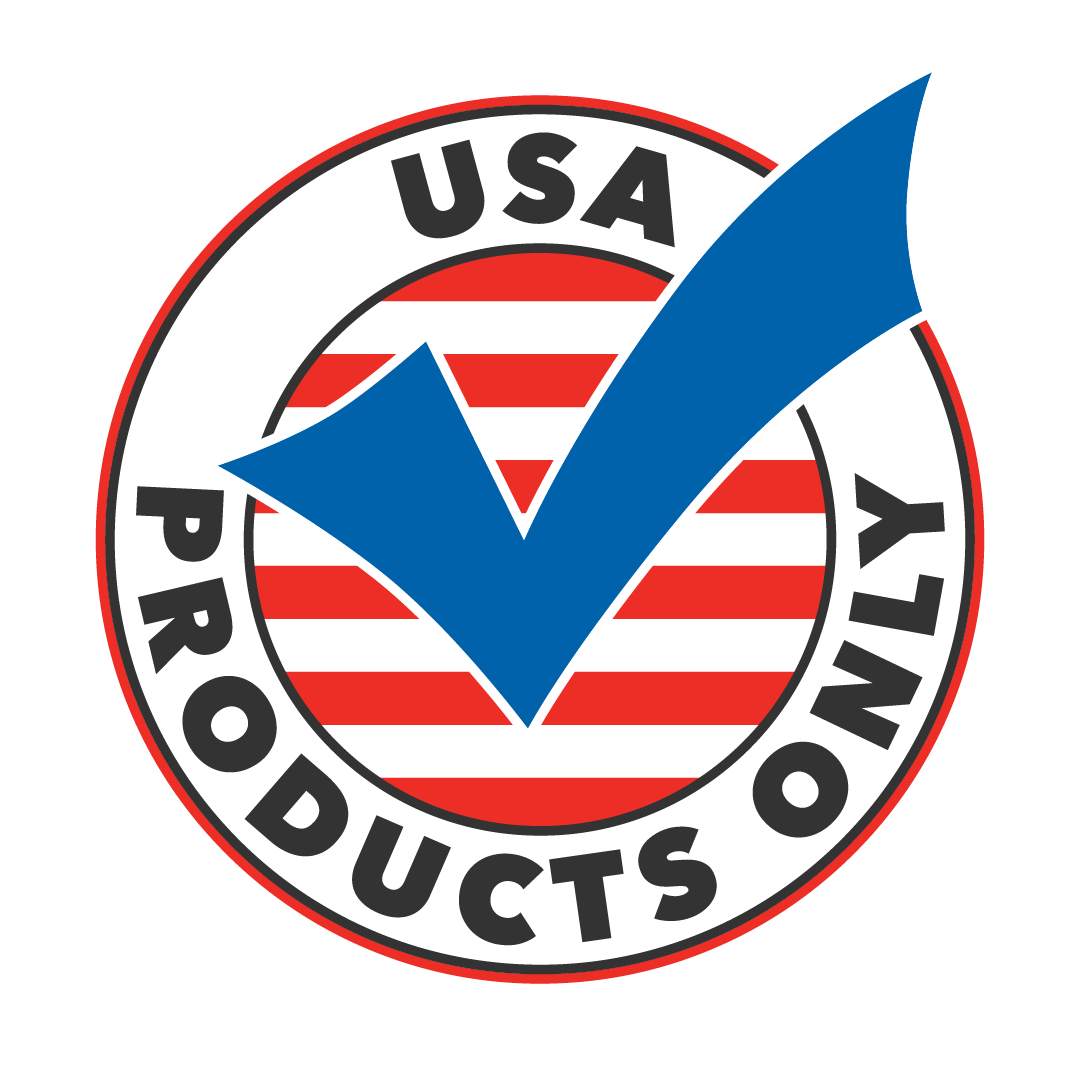Southwest Airlines, the last major U.S. airline to offer two free checked bags, is now changing its policy, according to an article by the New York Post. Starting May 28, the airline will introduce a fee for checked baggage, joining its competitors in charging passengers for what used to be a complimentary service. While many travelers are frustrated, others see this as a necessary adjustment in an era of rising operational costs and inflation.
Southwest has long marketed itself as the “customer-friendly airline,” offering free checked bags and no change fees—benefits that other airlines abandoned years ago. But in recent years, the company has faced financial challenges. Fuel costs, government regulations, and shifting travel trends have all put pressure on its bottom line.
At the same time, airline profits have taken a hit due to fluctuating demand. Fewer business travelers, an increase in remote work, and unpredictable post-pandemic travel trends have made it harder for airlines to maintain profitability. Charging for checked bags is one way Southwest is attempting to adapt while avoiding more drastic measures like cutting routes or laying off employees.
Many Southwest loyalists are unhappy with the change, arguing that the airline is abandoning the very policy that set it apart from the competition. Passengers have taken to social media to express their disappointment, with some vowing to switch to other carriers.
However, Southwest sees it like they are simply catching up with what nearly every other airline has been doing for years. Delta, American, and United have all been charging for checked bags, yet they remain profitable and attract plenty of passengers. The added revenue from baggage fees allows airlines to maintain competitive base fares while covering increasing expenses.
While critics are quick to call Southwest’s move a “money grab,” the decision reflects a harsh economic reality: businesses must adapt or struggle. The airline industry operates on razor-thin margins, and Southwest’s generous baggage policy has likely cost the company millions of dollars.
By implementing fees for checked bags, Southwest can stay competitive in the long run, invest in better service, and avoid more severe cutbacks. Of course, whether they will actually do those things is a separate question.
The fact that even Southwest—known for its budget-friendly approach—is making this change speaks volumes about the state of the economy. Inflation, government spending, and regulatory burdens continue to put pressure on companies, making it harder to provide “extras” for consumers.
While no one likes paying more for services they once got for free, the free market ultimately dictates business decisions. If Southwest’s move proves unpopular enough, customers can choose to fly with other airlines, forcing the company to reconsider. That’s how capitalism works: competition and consumer choice drive the market.
Southwest’s new baggage fees might sting for longtime travelers, but they are a logical step for an airline trying to remain competitive in today’s challenging economic climate. Rather than blaming the airline, critics should look at the broader issues affecting businesses today—from inflation to rising costs—and recognize that in a free market, companies must make tough decisions to survive.
For travelers, this means adjusting expectations and understanding that nothing is truly “free” in business. Either way, Southwest remains one of the most affordable airlines in the country, and passengers who appreciate their service will likely continue to fly with them—checked bag fees or not.







